Ibutact contains the active substance ibuprofen, which belongs to the group of non-steroidal anti-inflammatory drugs (NSAIDs), which have analgesic, anti-inflammatory and antipyretic effects.
Indications
Indications for use of the drug are:
fever of various origins, including influenza, colds and also in
- the course of post-vaccination reactions;
- pain of various origins of mild to moderate intensity, such as:
- headache, throat and muscle pain (e.g. in the course of viral infections),
- toothache, pain after dental procedures, pain due to teething,
- joint and bone pain due to injuries to the musculoskeletal system (e.g. sprains),
- pain due to soft tissue injuries,
- postoperative pain,
- earaches occurring in inflammation of the middle ear.
If after 3 days there is no improvement or the patient feels worse, contact your doctor.
Ibutact is indicated for children weighing more than 5 kg (over 3 months of age), adolescents and adults.
Active substance: Ibuprofen
Composition
| Active substance | The active substance is ibuprofen. 1 ml of oral suspension contains 40 mg of ibuprofen. |
| Other ingredients | propylene glycol, anhydrous citric acid, sodium benzoate (E 211), sodium saccharin, sodium citrate, liquid non-crystallizing sorbitol, glycerol, xanthan gum, polysorbate 80, purified water, orange flavor. |
Dosage
Always use this medicine exactly as described in the package leaflet or as your doctor or pharmacist has told you. If you are not sure, ask your doctor or pharmacist.
This medicine is for short-term use.
The dosage of the drug may vary depending on the patient, age and condition.
Each 5 ml of suspension contains 200 mg of ibuprofen.
The medicine does not contain sugar and can therefore be taken by diabetics.
Shake the bottle thoroughly before use.
Use in adult patients:
- For adults, it is recommended to use other pharmaceutical forms of ibuprofen at a dose of 200 mg, 400 mg or 600 mg. However, if swallowing is a problem, the suspension may be administered 4 times a day at 7.5 ml (equivalent to 300 mg ibuprofen).
- For adult and adolescent patients, the maximum recommended dose of Ibutact is 1200 mg per day.
- If the medicine needs to be used for more than 3 days to lower a fever or for more than 4 days to treat pain, or if the patient’s condition worsens, consult a doctor.
Elderly patients:
- There is no need to adjust the dosage, except in cases of renal or hepatic impairment.
- In this case, the dose should be determined individually.
If symptoms persist or worsen, contact your doctor.
The lowest effective dose should be used for the shortest time necessary to relieve symptoms.
Do not use more than the recommended dose of this medicine.
Use of the drug in children and adolescents
Ibutact is not recommended for use in children under 3 months of age or weighing less than 5 kg, due to the lack of sufficient data on its use in this age group.
Children under 6 months of age can only be given the medicine after consulting a doctor.
In the case of children aged 3 to 6 months, a doctor should be consulted if symptoms worsen or if they do not subside after 24 hours.
In the case of children aged 6 months and over and adolescents, a doctor should be consulted if this medicine is required for more than 3 days or if symptoms worsen.
.
Do not use more than the recommended dose.
The recommended daily dose of the medicine is 20 to 30 mg/kg of body weight, given in 3 or 4 divided doses. There should be an interval of at least 6 hours between subsequent doses.
Contraindications
When not to use Ibutact:
- if you are allergic to ibuprofen or any of the other ingredients of this medicine and to other non-steroidal anti-inflammatory drugs (NSAIDs);
- if you have ever had a hypersensitivity reaction such as asthma, runny nose, itchy skin rash or swelling of the lips, face, tongue or throat after taking medicines containing acetylsalicylic acid (such as aspirin) or other non-steroidal anti-inflammatory drugs (NSAIDs);
- if you have a bleeding disorder;
- if you have or have had a stomach or duodenal ulcer with perforation or bleeding, or if you have had two or more such episodes in the past;
- if you have had bleeding or perforation of the digestive tract, related to previous use of non-steroidal anti-inflammatory drugs (NSAIDs) (your child may have vomit containing blood or dark particles that look like coffee grounds, or tarry stools containing blood);
- if you have an increased tendency to bleed or problems with the production of certain blood components (such as a deficiency of blood platelets – thrombocytopenia);
- if you have severe liver, kidney or heart failure;
- if you are in the third trimester of pregnancy;
- if the patient is dehydrated;
- if the baby weighs less than 5 kg and is under 3 months old;
- if you have a bleeding disorder;
- if you have bleeding in the brain (cerebrovascular bleeding) or other active bleeding.
Contents: 200 ml
Storage method: below 25°C


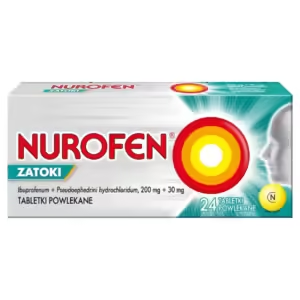
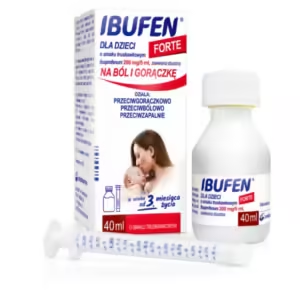
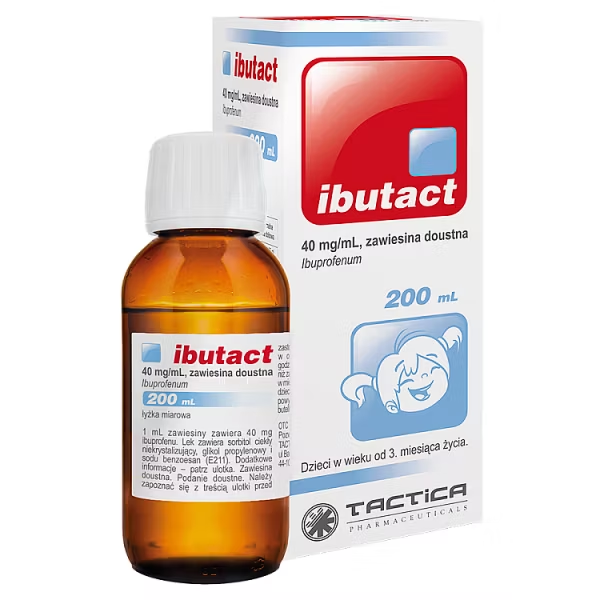
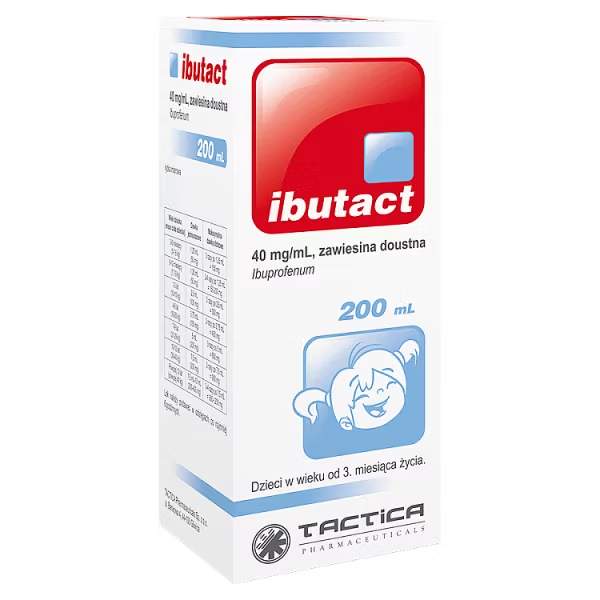


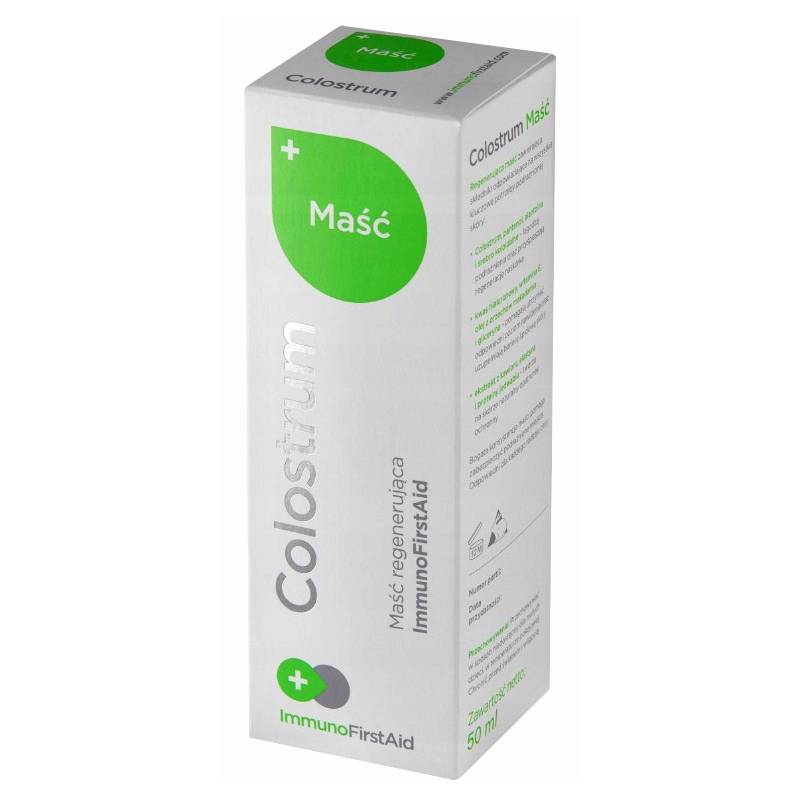
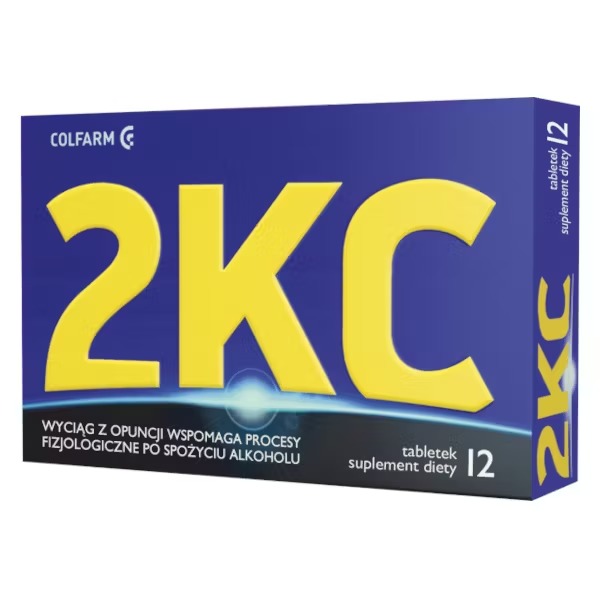





























Reviews
Clear filtersThere are no reviews yet.